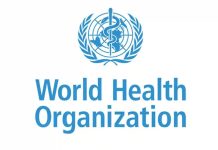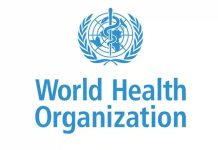The unprecedented global social and economic crisis triggered by the Covid-19 pandemic poses grave risks to the nutritional status and survival of young children in low-income and middle-income countries.
Of particular concern is an unexpected increase in child malnutrition, including reduction in infant and young child feeding practices, due to steep declines in household incomes.
The reduction in purchasing power has negatively affected the availability and affordability of nutritious foods, and caused interruptions to health, nutrition, and social protection services.
As we commemorate World Breastfeeding Week (August 1-7) this year, one thing we know for sure are the benefits for breastfeeding children.
Evidence shows us that optimal breastfeeding is vital to the lifelong good health and well-being of women and children. Globally, scaling up breastfeeding could prevent 2 000 maternal deaths, 823 000 child deaths, and US$302 billion in economic losses every year.
The World Health Organisation (WHO) and UNICEF recommends early initiation of breastfeeding within the first hour of birth, feeding the child only breast milk for the first six months (exclusive breastfeeding), and continuing to breastfeed for up to 24 months or beyond, with introduction of nutritionally adequate and safe complementary (solid) foods at six months. Even in the context of Covid-19, WHO recommends that mothers with suspected or confirmed Covid-19 should continue breastfeeding.
The benefits of breastfeeding substantially outweigh the potential risks of Covid-19 transmission while practicing the regular hygiene and prevention practices.
Despite general acceptance of breastfeeding in Zimbabwean society, the country is still struggling to improve breastfeeding indicators.
There is still a lot of work to be done in creating an enabling environment to help communities ensure they feed infants and young children to promote the best nutrition, health and environmental outcomes.
The 2019 MICS report shows that in Zimbabwe, less than two thirds of children are breastfed within the first one hour after birth and less than half of the children zero to six months of age being exclusively breastfed. There has been also a rise in bottle feeding which does not only increase the health risk to the infants, but also contribute more to pollution.
Aggressive marketing by multinational baby formula and baby food companies is among the factors that undermines breastfeeding and is associated with decreases in breastfeeding rates.
Breast milk substitutes are marketed directly to consumers via mass media and advertisements and indirectly via incentives, free supplies, and promotions to and through health workers and facilities, retailers, and policy makers.
Particularly, during events such as this global Covid-19 pandemic our communities must remain aware of the benefits of breastfeeding over breast milk substitutes.






